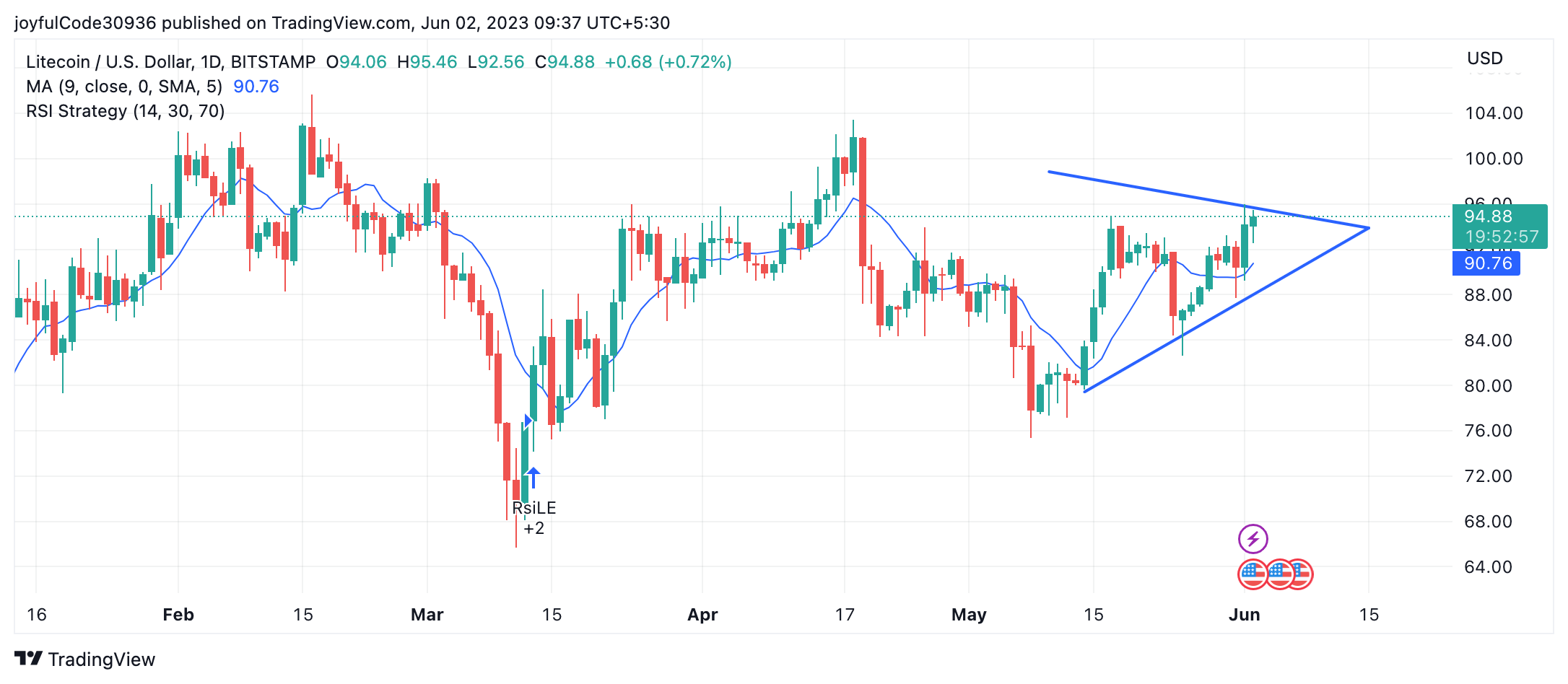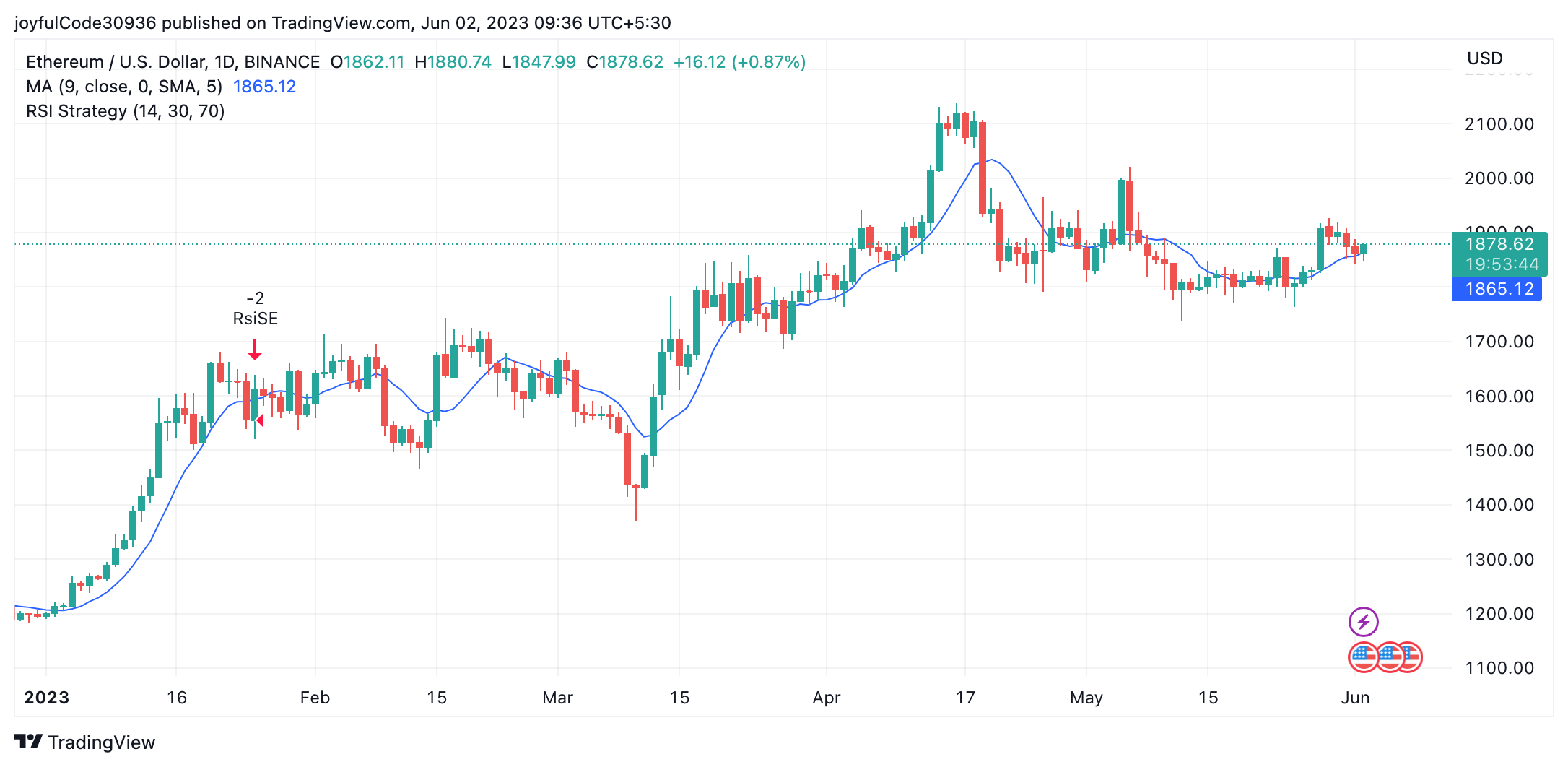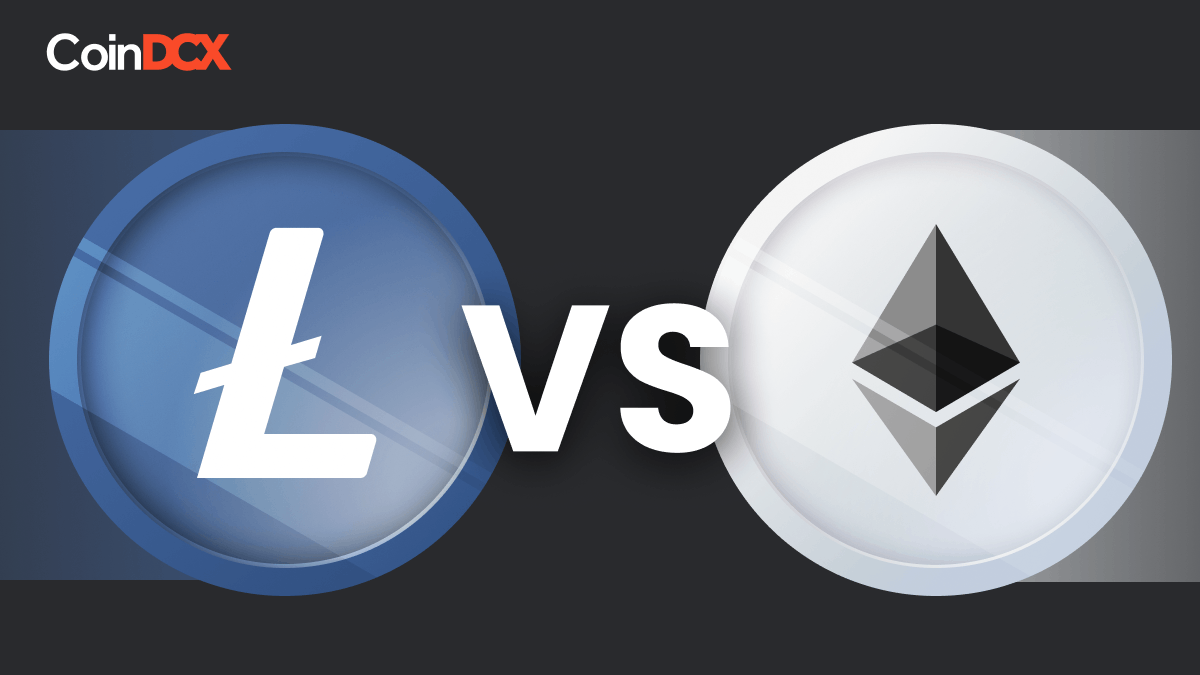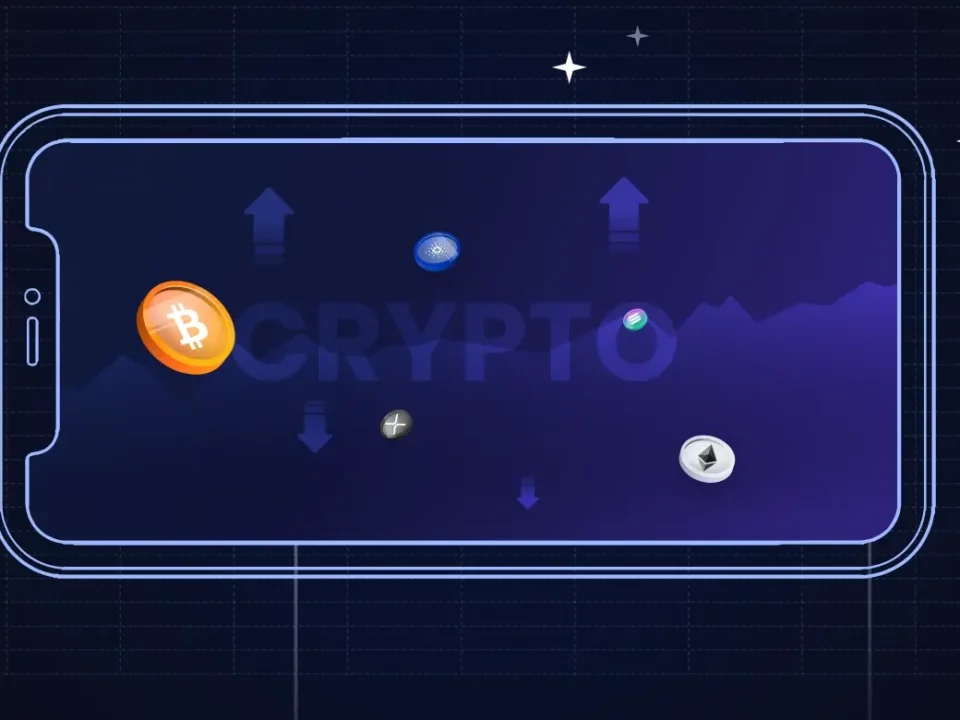Table of Contents
ToggleIntroduction
Litecoin, often referred to as the “silver to Bitcoin’s gold,” is a prominent crypto that emerged in 2011. The founder, Charlie Lee, a former Google engineer, created Litecoin with the aim of providing a faster and more efficient alternative to Bitcoin. It operates on a peer-to-peer network, utilizing blockchain technology to enable secure and decentralized transactions.
Similar to Bitcoin, Litecoin is based on an open-source protocol but introduces a few notable differences. One key feature is its faster block generation time, which allows for quicker transaction confirmations. Additionally, Litecoin employs a different hashing algorithm called Scrypt, making it more resistant to specialized mining hardware and promoting broader participation.
Litecoin has gained popularity for its accessibility, liquidity, and established position in the crypto market. Its robust network and active development community have facilitated the implementation of various technological advancements, including the Lightning Network and Segregated Witness (SegWit). These improvements aim to enhance scalability, increase transaction throughput, and reduce fees, making Litecoin a viable option for everyday transactions.
While Litecoin shares some similarities with Bitcoin, it has forged its own path, striving to be a reliable and efficient digital currency that caters to the needs of users worldwide.
Additional Read: Litecoin Vs Bitcoin
Unique Features Of Litecoin(LTC):
- Generating Blocks Faster: LTC has a faster block generation time as compared to BTC. While Bitcoin generates blocks every 10 minutes, Litecoin does so every 2.5 minutes. This shorter block time allows for quicker transaction confirmations, making Litecoin more suitable for everyday transactions.
- Scrypt Algorithm: Unlike Bitcoin’s SHA-256 algorithm, Litecoin utilizes the Scrypt hashing algorithm. Scrypt is designed to be memory-intensive, which helps to prevent specialized mining hardware (ASICs) from dominating the network. This approach promotes a more decentralized mining ecosystem and encourages wider participation.
- Increased Coin Supply: Litecoin has a higher maximum coin supply compared to Bitcoin. While Bitcoin has a limit of 21 million coins, Litecoin has a cap of 84 million coins. This larger supply allows for more widespread distribution of coins and potentially mitigates the impact of scarcity on adoption and usage.
- Active Development Community: Litecoin benefits from an active and dedicated development community that continuously works on improving the protocol. Over the years, significant upgrades, such as the implementation of Segregated Witness (SegWit) and the Lightning Network, have been integrated into the Litecoin network. These advancements enhance scalability, improve transaction speeds, and reduce fees.
- Complementary Role to Bitcoin: Litecoin often positions itself as a complementary asset to Bitcoin rather than a direct competitor. Its lower transaction fees and faster confirmation times make it suitable for day-to-day transactions, while Bitcoin serves as a store of value. This symbiotic relationship contributes to Litecoin’s recognition and adoption within the broader crypto ecosystem.
Litecoin vs Ethereum Comparative Analysis
| Ethereum | Litecoin | |
| Launch Date | 2013 | 2011 |
| Founder | Vitalik Buterin and Gavin Wood | Charlie Lee |
| Blockchain Protocol | Ethereum Blockchain | Bitcoin blockchain |
| Native Token | ETH | LTC |
| Token Type | Native | ERC-20 |
| Market Capitalization |
$224,982,231,583
|
$6,522,409,967
|
| Circulating Supply |
120,248,574.24 ETH
|
73,040,401.73 LTC
|
| Max Supply |
NA
|
84,000,000
|
| Consensus Method | Proof of Stake | Proof Of Work |
What is Ethereum?
Ethereum is a groundbreaking decentralized platform and crypto that revolutionized the world of blockchain technology. Launched in 2015 by Vitalik Buterin, Ethereum introduced the concept of smart contracts, which are self-executing agreements with predefined rules and conditions.
At its core, Ethereum enables developers to build and deploy decentralized applications (DApps) on its blockchain. These DApps can encompass a wide range of use cases, from decentralized finance (DeFi) and gaming to supply chain management and voting systems. Ethereum’s programmable nature allows developers to create innovative and custom applications using its native programming language, Solidity. One of Ethereum’s defining features is its native crypto, Ether (ETH). Ether serves as the fuel for the Ethereum network, used to pay for transaction fees and computational services within the ecosystem. It also serves as a digital asset that can be traded on various exchanges.
Ethereum gained immense popularity for its ability to enable complex and sophisticated applications on the blockchain. Its robust infrastructure, combined with the power of smart contracts, has propelled the growth of the decentralized finance sector, enabling activities such as lending, borrowing, yield farming, and decentralized exchanges.
Additionally, Ethereum introduced the concept of Initial Coin Offerings (ICOs), which allowed projects to raise funds by issuing their own tokens on the Ethereum blockchain. This paved the way for a wave of crowdfunding and tokenization initiatives, contributing to the expansion of the crypto industry.
Ethereum has continued to evolve, with ongoing developments such as the transition to Ethereum 2.0, which aims to improve scalability, security, and energy efficiency. As a result, Ethereum has solidified its position as a vital platform for decentralized applications and a driving force behind the development of the broader blockchain ecosystem.
Read On: Solana vs Ethereum
Unique Features Of Ethereum(ETH):
- Smart Contracts: Ethereum introduced the concept of smart contracts, which are self-executing agreements with predefined rules and conditions. These contracts eliminate the need for intermediaries and allow for trustless and automated interactions. Smart contracts enable a wide range of applications, from decentralized finance (DeFi) and decentralized exchanges to supply chain management and decentralized autonomous organizations (DAOs).
- Turing-Completeness: Ethereum’s programming language, Solidity, enables developers to create complex and Turing-complete smart contracts. This means that virtually any computational task can be expressed and executed on the Ethereum blockchain, opening the doors to endless possibilities for building decentralized applications.
- Ethereum Virtual Machine (EVM): The Ethereum Virtual Machine is a runtime environment that executes smart contracts on the Ethereum network. It provides a sandboxed and isolated environment, ensuring the security and integrity of the code while enabling interoperability across different applications and contracts.
- Decentralized Applications (DApps): Ethereum serves as a platform for the development and deployment of decentralized applications. These DApps run on the Ethereum blockchain, benefiting from its decentralized and censorship-resistant nature. Ethereum’s extensive developer community has fostered the creation of a wide array of DApps, ranging from decentralized finance protocols and gaming platforms to decentralized marketplaces and social networks.
- Interoperability and Standards: Ethereum has established a strong ecosystem of standards and protocols, including ERC-20, ERC-721, and ERC-1155, which define how tokens and assets are created, managed, and interacted with on the Ethereum network. These standards facilitate interoperability between different projects and enable the seamless integration of tokens and assets across various applications.
- Ongoing Upgrades: Ethereum has a dynamic and active development community that continuously works on improving the protocol. The upcoming transition to Ethereum 2.0 aims to address scalability and energy efficiency concerns by implementing a proof-of-stake consensus mechanism and shard chains. These upgrades will enhance the scalability and security of the Ethereum network, paving the way for further growth and innovation.
Key Differences between Litecoin and Ethereum
- Purpose: LTC was invested as a peer-to-peer digital currency that is primarily focused on fast and low-cost transactions. The aim of it was to be a “lite” version of Bitcoin with faster block generation times and a different hashing algorithm. Ethereum (ETH), on the other hand, is a decentralized platform that enables the creation of smart contracts and decentralized applications (DApps) on its blockchain.
- Blockchain Technology: Litecoin and Ethereum use different blockchain technologies. Litecoin uses a similar blockchain structure to Bitcoin, known as a “proof-of-work” consensus mechanism. Ethereum, however, is transitioning from proof-of-work to proof-of-stake with its upgrade called Ethereum 2.0, which aims to improve scalability and energy efficiency.
- Smart Contracts and DApps: Ethereum’s distinguishing feature is its ability to execute smart contracts, which are self-executing agreements with predefined conditions. These contracts enable the development of decentralized applications (DApps) that can run on the Ethereum blockchain. Litecoin does not natively support smart contracts or DApps.
- Token Standards: Ethereum introduced the ERC-20 token standard, which allows the creation of fungible tokens (like traditional currencies) on its blockchain. This has been widely used for Initial Coin Offerings (ICOs) and the creation of various utility tokens. Litecoin does not have a specific token standard like ERC-20, although it can be used as a currency for transactions.
- Developer Ecosystem: Ethereum has a robust developer community and a wide range of tools and resources available for building decentralized applications. It has become a popular platform for developers due to its flexibility and rich feature set. While Litecoin has its own developer community, it is not as extensive or focused on DApp development.
Key Similarities between Litecoin and Ethereum
- Decentralization: Both Litecoin and Ethereum are decentralized cryptos that operate on blockchain technology. They are not controlled by any central authority or government, ensuring censorship resistance and a trustless system.
- Crypto Function: Both Litecoin (LTC) and Ethereum (ETH) can be used as digital currencies for peer-to-peer transactions. Users can send and receive these cryptos to pay for goods and services or transfer value globally.
- Public Blockchain: Both Litecoin and Ethereum have public blockchains, meaning that anyone can participate in the network, view transaction history, and verify transactions. Transparency is a common feature of both cryptos.
- Wallets and Exchanges: Both Litecoin and Ethereum can be stored in digital wallets, which allow users to securely manage their crypto holdings. Additionally, both cryptos are listed and traded on various crypto exchanges, providing liquidity and market access.
- Volatility and Investment Potential: Like many cryptos, both Litecoin and Ethereum have experienced price volatility. Investors can speculate on the price movements of these cryptos, potentially generating profits if the price goes up. However, it’s important to note that crypto investments carry risks and require careful consideration.
Litecoin Price Prediction

Source: TradingView
- The LTC price today is running at $95.02, with a 24-hour trading volume of $962,702,354. The LTC price has seen a surge of about 4.62% in the last 24 hours. The market cap of LTC is standing at $6,940,285,733 as of June 2, 2023.
- With the halving event coming closer, the crypto asset has seen a gain in momentum in its trading volumes in the past couple of days, making its journey to reach the $100 mark a possibility by the end of the month!
- Interestingly, crypto enthusiasts are of the opinion that the LTC has a possibility of reaching $200 by the end of the year, with the price hovering between $180 to $200 along the way.
Additional Read: Litecoin Price Prediction
Ethereum Price Prediction

Source: TradingView
- The ETH price today is running at $1879.32, with a 24-hour trading volume of $5,176,854,985. The ETH price has seen a surge of about 1.22% in the last 24 hours. The market cap of ETH is standing at $225,927,680,060 as of June 2, 2023.
- The token is on the journey to reach its pivotal level of $1900, with the bullish nature of the prices that has been going on in the last couple of days.
- If it succeeds in breaking the $1900 level, ETH price is believed to be able to reach close to $2000 or even rise slightly above these levels by the end of Q3.
Read More: Ethereum Price Prediction
How to Invest in Litecoin & Ethereum
Investing in crypto is super simple, safe, and secured with the CoinDCX app. It does not matter whether you want to buy ETH or wish to trade LTC price today; we have got you covered.
Here are the 4 simple steps to buy your first ETH or LTC with CoinDCX.
- Sign up on CoinDCX
- Complete your KYC
- Link your bank details
- Buy Ethereum (ETH) or Buy Litecoin (LTC)
FAQs
Yes, from a transaction point, the Ethereum network is faster than Litecoin. LTC and ETH are very different when it comes to their fundamentals. Both the tokens have their own unique features and their own sense of workings.Is ETH faster than LTC?
Can Litecoin overtake Ethereum?
Related posts
Understanding the Different Types of Cryptos: Coins, Tokens, Altcoins & More Explained
Explore the major types of crypto assets and their unique roles.
Read more
PAWS Telegram Game: The New Tap to Earn Game That Is Beating Hamster Kombat
Discover how to play and earn with PAWS Telegram game.
Read more


